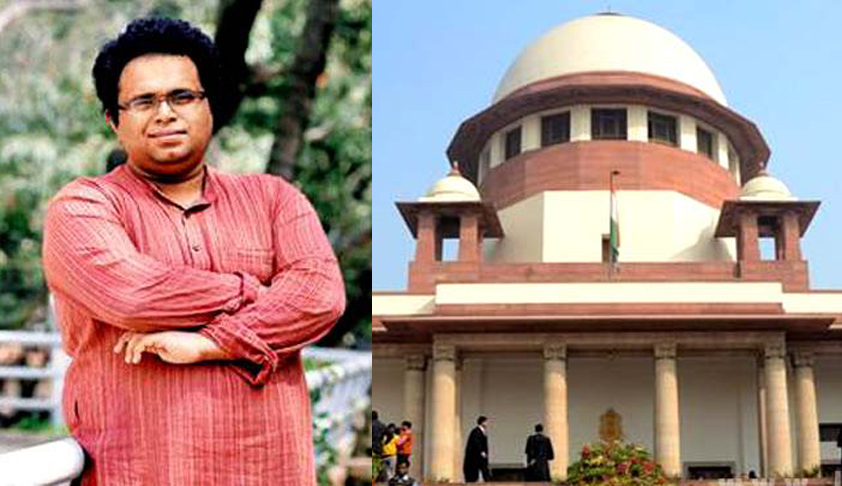Prof.Anup Surendranath’s Resignation: SC Registry raises serious objections to the Media Reports
LIVELAW NEWS NETWORK
2 Aug 2015 11:11 PM IST

Next Story
2 Aug 2015 11:11 PM IST
A note dated August 2, 2015 has been released by the Registry of the Supreme Court of India taking ‘serious objection’ to the news reports regarding resignation of Dr. Anup Surendranath as the Deputy Registrar (Research) of the Supreme Court.According to the Registry of the Court, the news reports, claiming that Prof. Anup resigned in protest of Yakub Memon's execution are “not...
